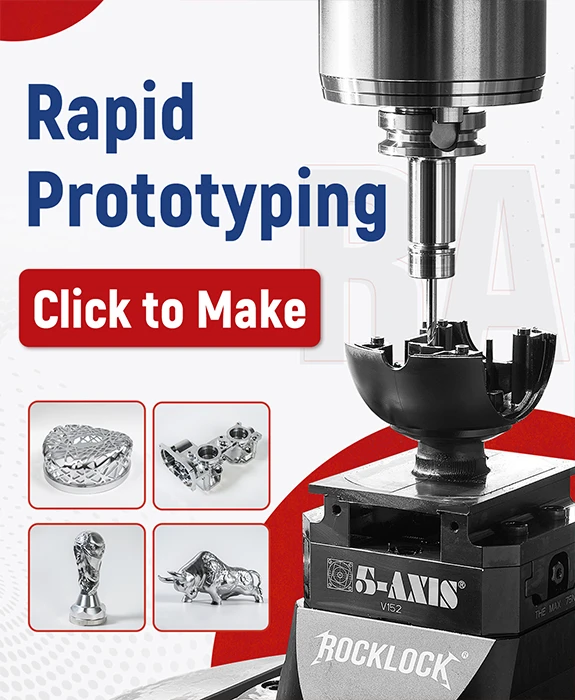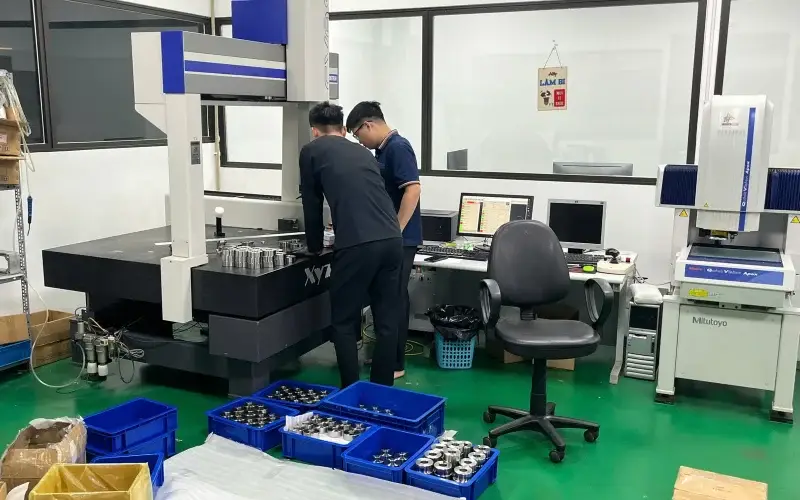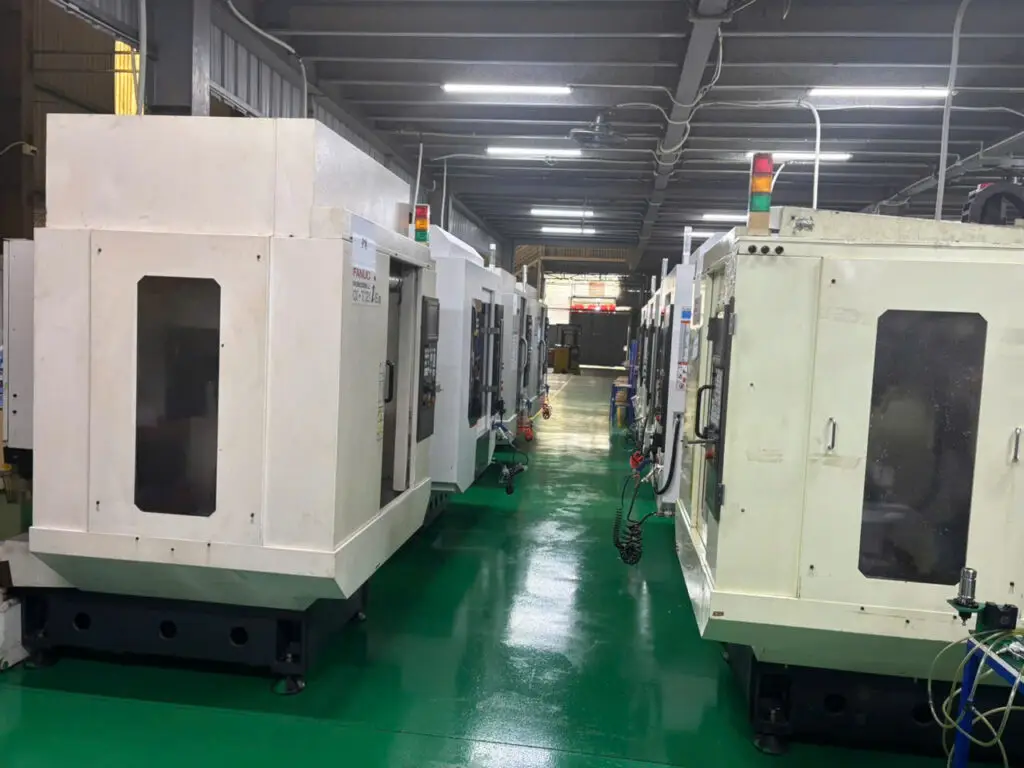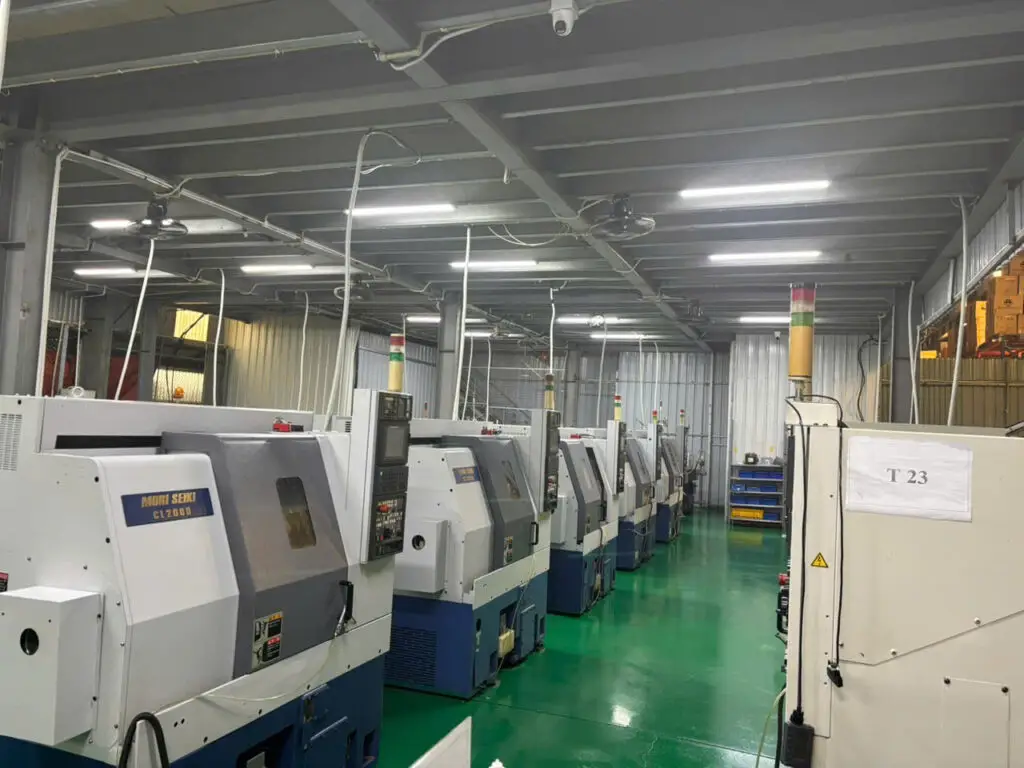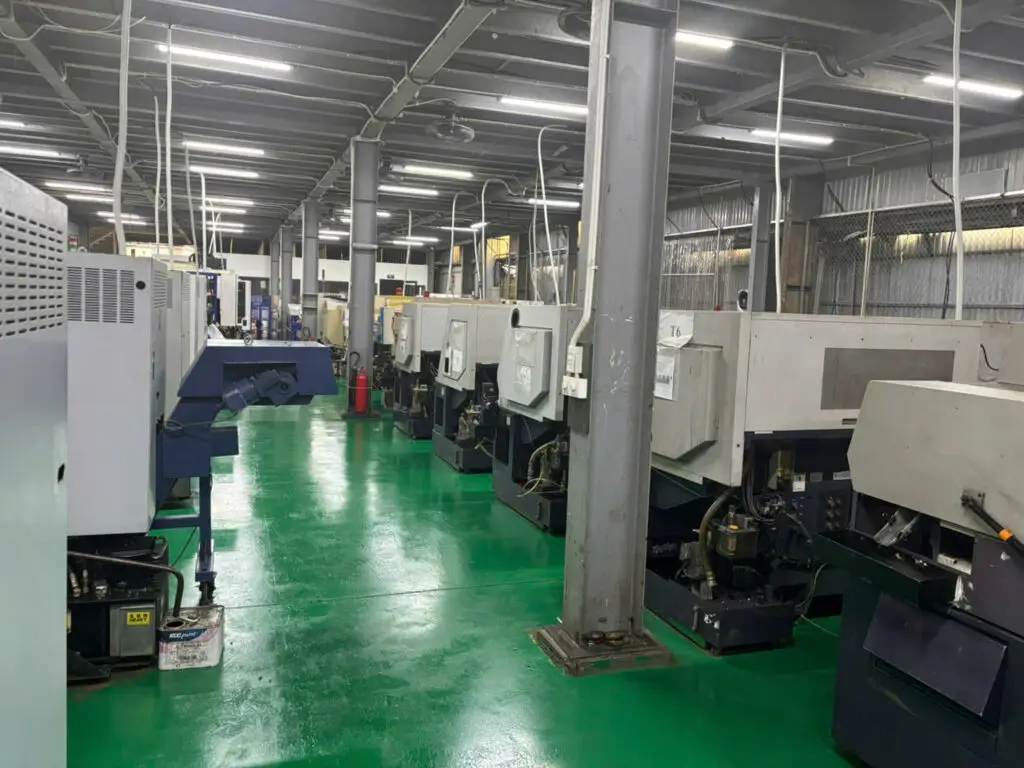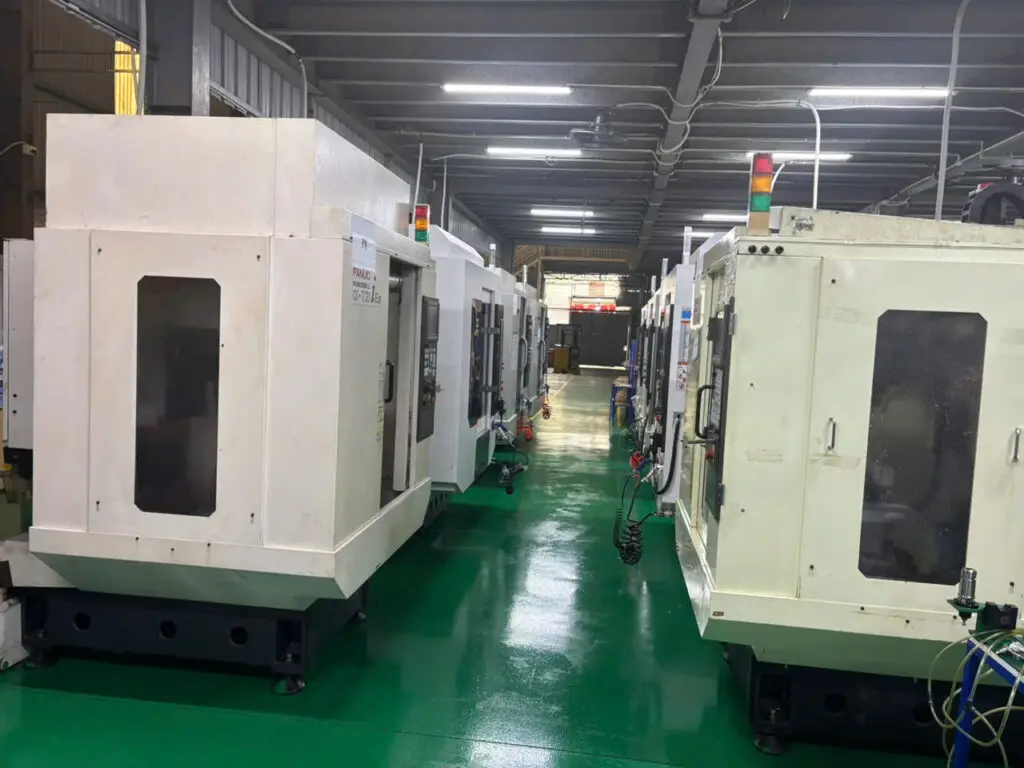In today’s manufacturing landscape, Computer Numerical Control (CNC) machines are synonymous with precision, efficiency, and automation. These advanced tools have transformed industries by offering exceptional accuracy and consistency in the production of parts and components. But what exactly is a CNC machine, and why are they so essential in modern manufacturing?
What is CNC Machining?
CNC machining is a manufacturing process that utilizes computerized controls to direct the movement of cutting tools and machinery in shaping parts from raw materials. In this process, a computer program—typically created using Computer-Aided Design (CAD) and Computer-Aided Manufacturing (CAM) software—provides detailed instructions for the machining operations. These instructions specify elements such as toolpaths, cutting speeds, and feed rates. The CNC machine follows these precise commands, executing the tasks with remarkable accuracy and consistent repeatability.
The Importance of CNC Machining
CNC machines offer a level of precision and accuracy that is difficult to achieve with manual machining. They can consistently produce intricate parts with exact measurements, meeting the highest quality standards. Additionally, CNC machining dramatically reduces production time compared to traditional methods. Once programmed, these machines can run continuously, 24/7, which minimizes downtime and boosts productivity.
The high level of automation in CNC machines requires minimal human intervention, enhancing safety and reducing labor costs. Another advantage is their versatility; CNC machines can work with a wide variety of materials, including metals, plastics, ceramics, and composites. They are capable of creating complex geometries and intricate shapes, making them ideal for use across various industries.
Perhaps the most significant benefit of CNC machining is its ability to reproduce parts with outstanding consistency, which is essential for mass production. Each piece is an exact replica of the previous one, ensuring uniformity and reliability in the final products.
Computer Numerical Control: Important Applications
CNC machines are highly versatile tools used across a variety of industries. Let’s explore some key applications:
Oil and Gas:
In the oil and gas sector, CNC machining is indispensable for producing critical components like valves, pumps, and drilling equipment. These parts are designed to endure extreme conditions, and CNC machining guarantees they meet strict quality and durability standards.
Marine:
CNC machining is essential in the marine industry for manufacturing parts like propellers and engine components. The ability to create durable, corrosion-resistant parts makes CNC machining a valuable asset in building reliable marine equipment.
Electronics:
The electronics industry relies heavily on CNC machining for the fabrication of printed circuit boards (PCBs), connectors, semiconductors, and complex components. CNC machines provide the high precision necessary to ensure the quality and functionality of electronic devices.
Automotive:
CNC machining is a cornerstone of automotive manufacturing, used to produce engine components, transmission parts, and detailed interior designs. The automotive industry depends on CNC machining for its ability to deliver both high performance and intricate aesthetics.
Medical Equipment:
Precision is paramount in the production of medical devices. CNC machining is vital for creating implants, surgical instruments, and diagnostic equipment, all of which must adhere to stringent medical standards for accuracy and safety.
Aerospace:
The aerospace industry demands exceptional precision and quality, making CNC machining a critical part of the manufacturing process. It is used to create aircraft components like airfoils, bushings, manifolds, and landing gear parts, ensuring safety and reliability in flight.
CNC machining’s ability to produce complex, precise parts makes it a key technology across these diverse industries.
Six of the Most Common CNC Machines
CNC machining involves several types of CNC machines, each tailored for specific manufacturing tasks. Here are six of the most common CNC machines used in the industry:
1. CNC Milling Machines
CNC milling machines are versatile tools used for cutting and shaping materials. They utilize rotary cutting tools that move along multiple axes to remove material from a workpiece, making them ideal for creating complex parts with precise dimensions.
2. CNC Lathe Machines
CNC lathe machines are specialized for turning operations, designed to shape cylindrical parts. They rotate the workpiece while a stationary cutting tool shapes it into the desired form, perfect for creating symmetrical objects like shafts and bushings.
3. CNC Plasma Cutters
CNC plasma cutting machines use a high-velocity jet of ionized gas (plasma) to slice through metal. These machines are popular in metal fabrication, providing efficient and accurate cuts for various metals such as steel and aluminum.
4. CNC Router Machines
CNC routers are perfect for cutting, carving, and engraving softer materials like wood, plastic, and foam. Widely used in woodworking and signage industries, these machines excel at creating intricate designs and detailed carvings with precision.
5. CNC Laser Cutters
CNC laser cutters use a concentrated laser beam to cut and engrave a wide range of materials, including metal, plastic, and wood. They offer exceptional precision and speed, making them a top choice for tasks requiring intricate detail and clean edges.
6. CNC Electrical Discharge Machines (EDM)
CNC Electrical Discharge Machines (EDM) use electrical discharges (sparks) between electrodes to shape conductive materials. EDM is ideal for creating intricate and precise parts, particularly those with complex geometries or delicate features.
Each of these CNC machines offers unique capabilities, making them essential tools for manufacturers across various industries.
One-Stop Shop for Machining Services at TDB Hanoi Co., Ltd
At TDB Machining, we pride ourselves on being a one-stop shop for comprehensive machining services. From milling and turning to metal fabrication, we provide a full suite of precision machining solutions tailored to meet the unique needs of our clients.
By offering a seamless experience with everything handled under one roof, we ensure quality, consistency, and efficiency throughout the entire production process. Our team of skilled engineers and modern facilities enable us to handle projects of any scale, delivering high-quality components with quick turnaround times. Partner with TDB for reliable, end-to-end machining services that bring your designs to life.

